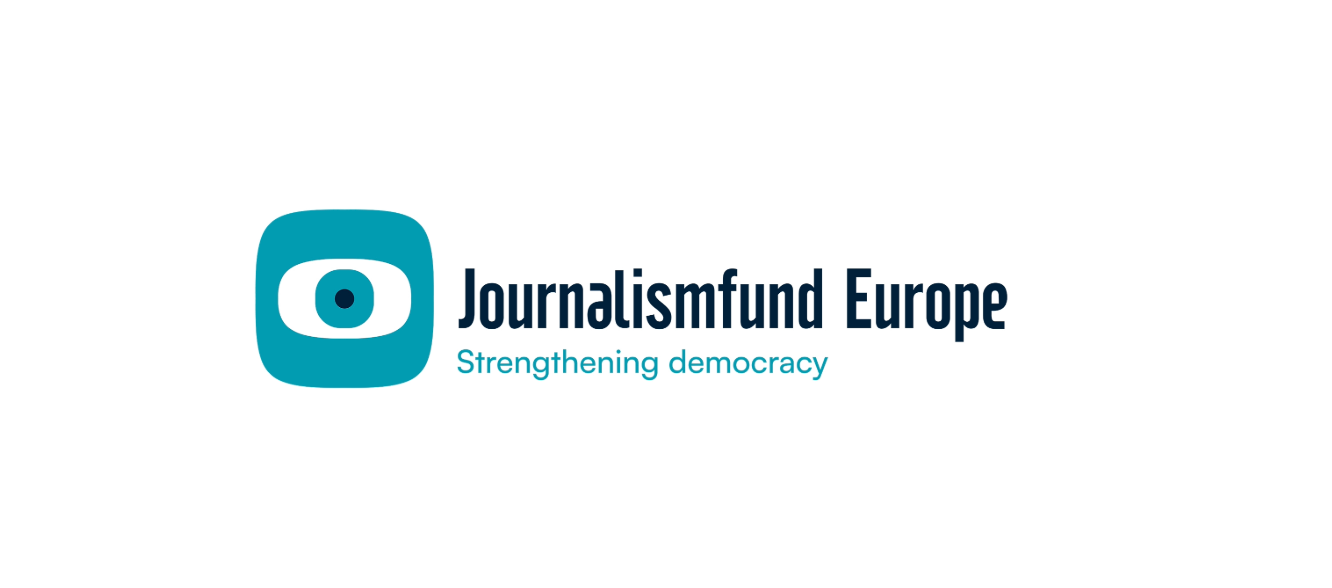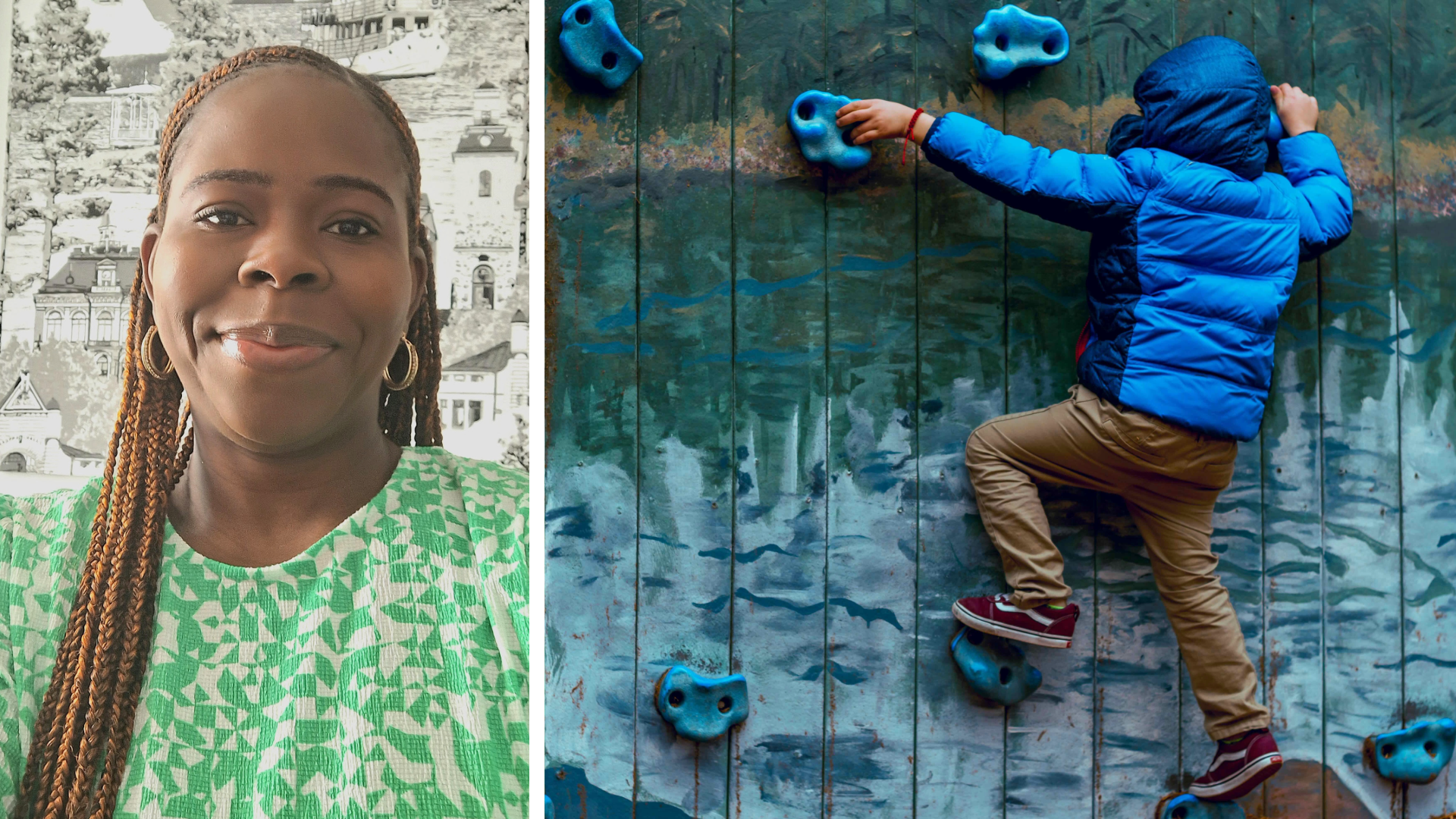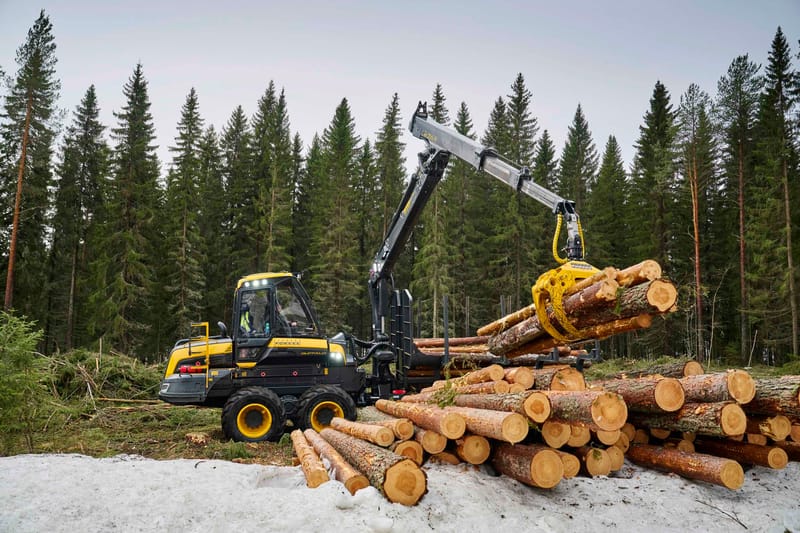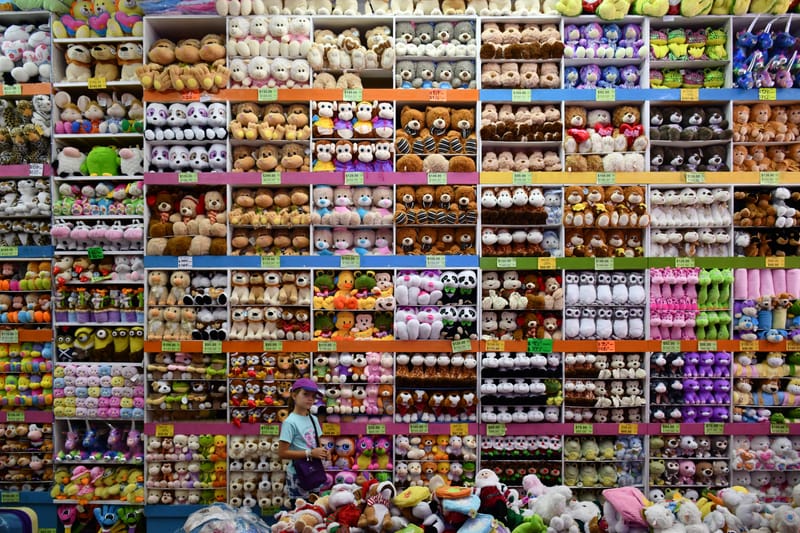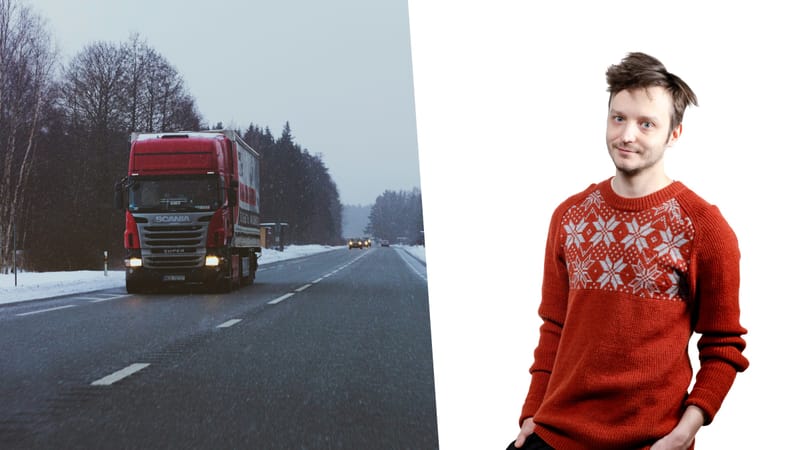What nobody told me about becoming a mother in Finland
With top healthcare, parental leave and the famous baby box, Finland seems a paradise for new parents. Yet for Hope Nwosu, motherhood here revealed an unexpected truth: the challenge of raising a child without the support of a community.
Giving birth to a child in Finland is easy but raising a child is an uphill task.
Finland has one of the best medical facilities in the world for child delivery, it has one of the lowest child mortality rates in the world and the country is famous for being one of the most family friendly countries in the world. The maternity box given to pregnant mothers as a gift from the state is unique and symbolic.
There is a great work-life balance in Finland. Even as a full-time employee, you still have time to take care of your family. There is a clear line between work time and free time. Employees don’t have to carry over their work stuffs home, if they don’t want.
New parents enjoy paid leave to be with their newborns. The recent parental leave reform gave fathers and mothers of a newborn baby almost equal rights to spend quality time with their baby.
However, despite all the benefits and state-of-the-art facilities put in place for families in Finland, birth rates continue to decline.
Why is this?
Finland is a great place to be a parent, but it is also a lonely place to raise a child. This is equally true for Finns who have no support network within reach. As an individualist society, Finnish residents take care of their immediate family. You’ll have to reach out to people if you want them to be a part of your life. This applies also to immediate families.
I grew up in Nigeria where it really takes a whole community to raise a child. Parents in Finland are solely responsible for their children.
During my almost 14 years of living in Finland, I have learned that help does not come automatically, if you don’t ask.
As an African mother who grew up in a big family surrounded by siblings and relatives, this was one of the first shocks I experienced in Finland: the lack of a community for bringing up children.
In Nigeria, a new mother is celebrated and cared for as long as she needs support to recover from childbirth. One of the relatives cooks with native ingredients and delivers the food to the home of the new parents.
It is common to have the grandmother stay for a few months to help the family. The mother helps to care for both the newborn and the new mother to ensure their wellbeing.
Next is an influx of visitors who come to greet the family and bring them gifts. They do not need to be invited. The focus gradually shifts to the child whom everyone sees as their own child. People are not afraid to correct the child if a need arises. The whole community is equally charged with a responsibility to support the family in bringing up a child.
As a new mother in Finland, I noticed that I am literally alone and must raise my child solely. Even though first-time parents get help from health and social welfare services, the help cannot be compared to the robust support and safety a family of a new parent receives in Africa.
African mothers like me have learned that they have to step up to take charge of the situation.
After giving birth to four children without the much-needed help of relatives, I have learned resilience and taking responsibility without fear.
Due to a lack of an established community to support the upbringing of a child in Finland, African parents have braced up and tried their best raising their children. Peer support is the closest African parents get in building a community for themselves and their children. They find parents in the same situation and learn from each other.
Motherhood is rewarding but it comes with peculiar challenges in Finland. The most important thing for me is to adapt to the new society without losing my identity.
Hope Nwosu
Hope Nwosu is an award-winning author and linguist, a licensed social care worker, and a mother of four children. She is passionate about women’s empowerment, gender equality, integration, diversity and inclusion. She also volunteers for ILCAN ry, an organisation which she co-founded in 2022 to promote Igbo language and culture in the diaspora. Her debut novel SoldOut (Rosetta Versos 2024) aims to uplift African women by sharing their experiences.
